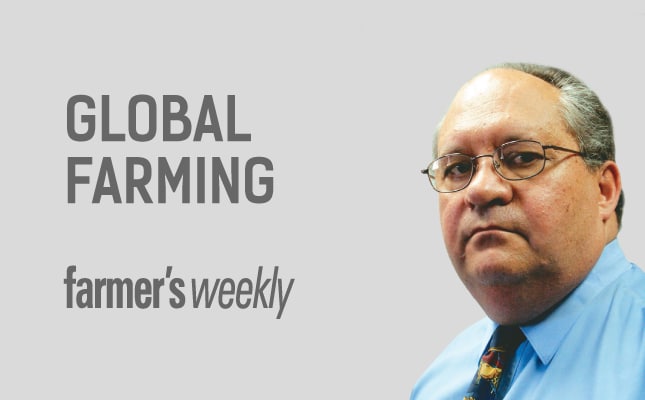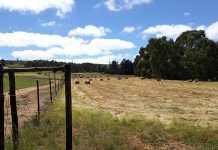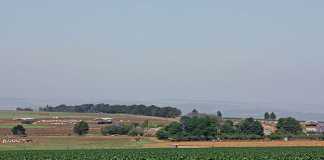
Recently, the US issued an ultimatum to South Africa’s trading authorities, giving them 60 days to resolve the outstanding issues that prevent US beef, pork and poultry from gaining full access to the SA market. If South Africa did not do so, the ultimatum demanded, the country’s participation in the African Growth and Opportunity Act (AGOA) would be suspended and its agricultural exports to the US would no longer be tariff-free.
If South Africa did not do so, the ultimatum demanded, the country’s participation in the African Growth and Opportunity Act (AGOA) would be suspended and its agricultural exports to the US would no longer be tariff-free.
According to the minister of trade and industry, the outstanding veterinary issues have since been resolved. Nonetheless, the incident highlights a certain vulnerability.
AGOA was enacted by the US in 2000 and subsequently renewed until 2025. It provides access to US markets for exports from qualifying sub-Saharan countries. Qualification depends on a country working towards improving its rule of law, human rights and respect for core labour standards. South Africa was eventually included in AGOA with the proviso that the issues affecting access for US beef, pork and poultry to the South African market were sorted out.
South Africa has benefited from AGOA. In 2014 an estimated US$1,7 billion (about R24 billion) worth of exports entered the US under the act. That year, the US imported US$55 million (R774 million) in fruit and vegetables, US$51 million (R718 million) in wine and US$48 million (R676 million) in tree nuts from South Africa. These industries will suffer if their tariff-free access to the US market is restricted. For example, the Eastern and Northern Cape are the only two provinces allowed to export citrus to the US and more than 90% of their exports go there.
The poultry problem
Poultry exports from the US have been a threat to the SA poultry industry for many years. In 2014 the SA Poultry Association successfully applied for an anti-dumping tariff on poultry meat from the US. It is very difficult to get government to impose an anti-dumping duty on imports. The industry must prove to the International Trade Administration Commission (ITAC) that these products are exported at lower prices than they are sold for in their country of origin and that the local industry is suffering material damage as a result of these imports.
The US poultry industry responded by enlisting the support of senators from poultry-producing states and got the government to threaten to drop South Africa as an AGOA beneficiary. Lengthy talks ensued, leading to an agreement between the countries’ poultry industries to allow a specific quantity of poultry meat from the US to enter South Africa without paying the anti-dumping tariff. This rebate facility was promulgated by ITAC in October 2015.
However, the SA poultry industry’s acceptance of higher imports did not resolve the problems between the two countries. An outbreak of avian flu in the US saw South Africa banning US poultry exports at the end of 2014. In other words, while the poultry industry and trade authorities had agreed to US imports, South Africa’s veterinary authorities refused to allow them in.
South Africa’s food safety rules also restricted US beef and pork imports. South Africa then missed a 15 October deadline to resolve these measures, and this resulted in the 60-day ultimatum by the US. The SA poultry industry has been bullied into accepting increased US imports. This has created a precedent and we may see the same bullying tactics being used for other agricultural products.
The challenge to our phyto-sanitary measures is just as worrying. The correct place to challenge them is in the WTO dispute settlement body, not as part of a process designed to improve the economies of sub-Saharan countries.
Given little choice
South Africa probably had no choice but to agree to the conditions imposed by the US so that our agricultural export industries can share in the growing US market. This will have a negative impact on the local poultry industry, but 60 000t of poultry meat is not significant in terms of South Africa’s total annual poultry meat imports (463 000t in 2015).
However, the benefits gained by the exporting industries are probably greater than the negative effect on the importing industries. The lesson to be learnt is that South Africa’s agricultural exporters must develop other markets. The growing emerging markets in Africa, Asia and South America may offer less restrictive trade practices.
The US produces a surplus of food products and will always look for ways to get rid of these surpluses.
Dr Koos Coetzee is an agricultural economist at the MPO. All opinions expressed are his own and do not reflect MPO policy.




